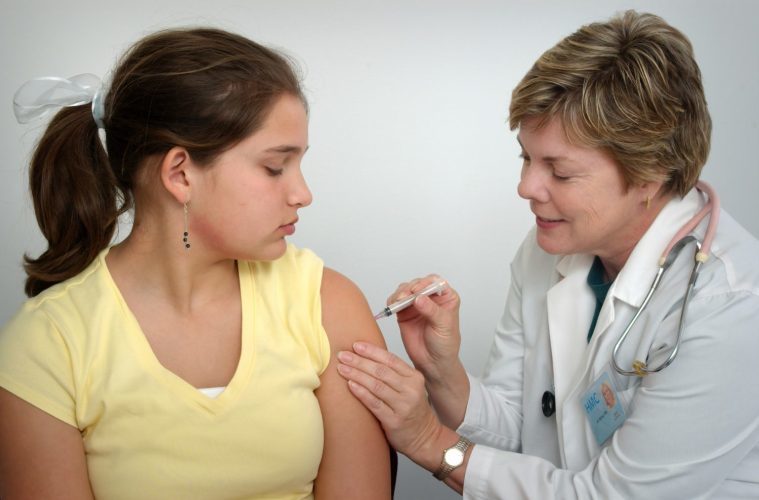The Pfizer BioNTech COVID-19 vaccine received emergency use authorization (EUA) for children between the ages of 12 to 15, Monday.
The vaccine’s use may begin after Wednesday when the federal vaccine advisory committee releases its recommendations for the adolescents, according to AP News.
“The FDA’s expansion of the emergency use authorization for the Pfizer-BioNTech COVID-19 Vaccine to include adolescents 12 through 15 years of age is a significant step in the fight against the COVID-19 pandemic,” Acting FDA Commissioner Janet Woodcock said. “Today’s action allows for a younger population to be protected from COVID-19, bringing us closer to returning to a sense of normalcy and to ending the pandemic. Parents and guardians can rest assured that the agency undertook a rigorous and thorough review of all available data, as we have with all of our COVID-19 vaccine emergency use authorizations.”
In Pfizer’s U.S. studies, they administered two doses to 2,260 children between 12 and 15, three weeks apart in a randomized, placebo-controlled clinical trial.
Pfizer’s studies showed 100% effectiveness in its 1,005 volunteers who received the vaccine, while 16 positive COVID-19 cases were recorded in children who received a placebo.
Like with adults, the most common side effects were pain at the injection site, tiredness, headache, chills, muscle pain, fever and joint pain, 1 to 3 days after receiving the second dose. The most common side effect after a first dose was pain at the injection site.
Also, like the past EUA vaccines, data on length of effectiveness and rate of transmission is ongoing.
Up to this point, COVID-19 vaccines have only been authorized and administered to those 16 or older and according to the FDA, the new regulations will aid in protecting middle and high school kids from the virus as they return to in-person schooling.
From the start of the pandemic in the U.S. back in March, there have been approximately 1,5 million persons between the age of 11 and 17 infected with the COVID-19 virus, according to the Center for Disease Control and Prevention.
Receiving emergency use authorization does not mean the FDA has licensed or approved the Pfizer vaccine’s use, or at this point, any of the other vaccines.
Advertising disclosure: We may receive compensation for some of the links in our stories. Thank you for supporting Irvine Weekly and our advertisers.

